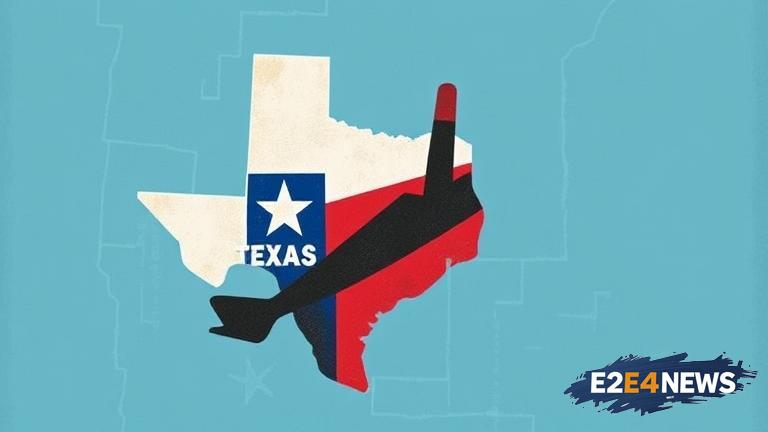In a dramatic turn of events, a group of Texas Democrats has fled the state to prevent a quorum and block a voting bill that they claim will restrict voting rights. The move has sparked a national debate on the issue of voting rights and partisan politics. The bill in question, which is backed by Republicans, aims to impose stricter voting laws, including limits on early voting and mail-in ballots. Democrats argue that the bill will disproportionately affect minority voters and undermine the democratic process. By leaving the state, the Democrats are denying the Republican-controlled legislature a quorum, which is necessary to pass the bill. The move is seen as a last-ditch effort to prevent the bill from becoming law. The situation has drawn national attention, with many seeing it as a symbol of the deepening partisan divide in the United States. The Democrats’ decision to flee the state has been met with both praise and criticism, with some hailing it as a brave stand against voter suppression and others condemning it as a cynical ploy to avoid democratic accountability. The bill’s proponents argue that it is necessary to prevent voter fraud and ensure the integrity of the electoral process. However, Democrats and voting rights activists counter that the bill is based on unfounded claims of widespread voter fraud and will only serve to disenfranchise legitimate voters. The issue has also sparked a heated debate about the role of partisan politics in shaping voting laws. While some argue that voting laws should be designed to promote fairness and accessibility, others believe that they should be tailored to prevent fraud and ensure the integrity of the electoral process. The situation in Texas is not an isolated incident, as similar battles over voting laws are being waged in other states across the country. The national implications of the Texas Democrats’ move are significant, as it highlights the deepening partisan divide and the ongoing struggle for voting rights in the United States. The move has also sparked a discussion about the use of unconventional tactics in politics, with some arguing that the Democrats’ decision to flee the state is a justified response to the Republican-controlled legislature’s attempts to restrict voting rights. Others, however, see it as a dangerous precedent that undermines the democratic process and sets a bad example for future political conflicts. As the situation continues to unfold, it remains to be seen how the standoff will be resolved and what the long-term implications will be for voting rights and partisan politics in the United States. The Texas Democrats’ move has also drawn attention to the importance of voting rights and the need for robust protections to ensure that all citizens have an equal opportunity to participate in the democratic process. The issue has sparked a national conversation about the role of voting laws in shaping the electoral process and the need for bipartisan cooperation to promote fairness and accessibility. Ultimately, the outcome of the situation in Texas will have significant implications for the future of voting rights and partisan politics in the United States, and will likely be closely watched by politicians, activists, and citizens across the country. The move has also highlighted the importance of civic engagement and the need for citizens to be informed and involved in the democratic process. As the debate over voting rights continues to rage, it is clear that the issue will remain a major point of contention in the lead-up to the 2022 midterm elections. The Texas Democrats’ decision to flee the state has also sparked a discussion about the use of social media and other digital platforms to mobilize public support and raise awareness about key issues. The move has been widely covered on social media, with many using the hashtag #TexasDemocratsto express their support for the Democrats’ decision to stand up against the voting bill. The situation has also highlighted the importance of a free and independent press in holding elected officials accountable and providing citizens with accurate and unbiased information about key issues. As the situation continues to unfold, it is clear that the issue of voting rights will remain a major point of contention in the United States, and that the Texas Democrats’ move will be seen as a significant moment in the ongoing struggle for democratic accountability and fairness.
